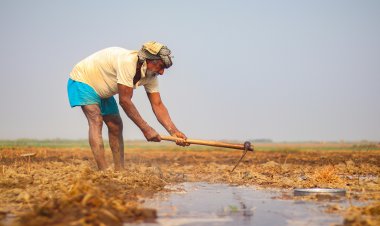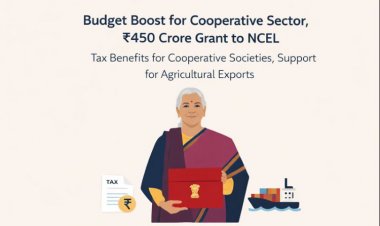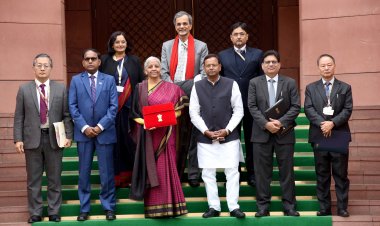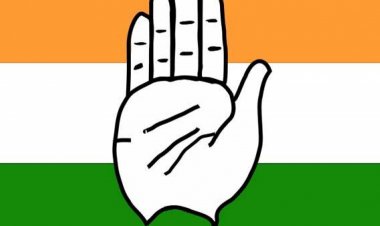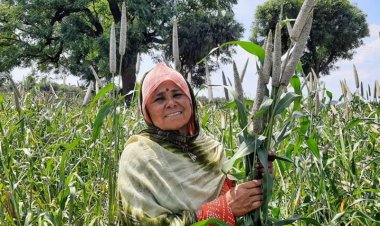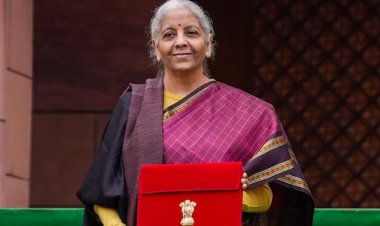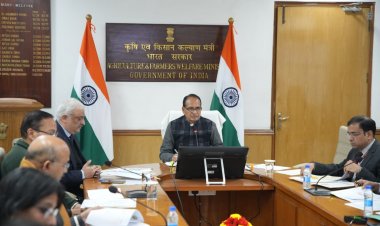Broken rice export allowed only for food security needs: Govt
The export policy of broken rice is prohibited; however, export will be allowed on the basis of permission granted by the Government of India to other countries to meet their food security needs and based on the request of their government, the Directorate General of Foreign Trade (DGFT) said in a notification. On September 9 last year, the government banned export of broken rice to check rising retail prices and boost domestic supply.
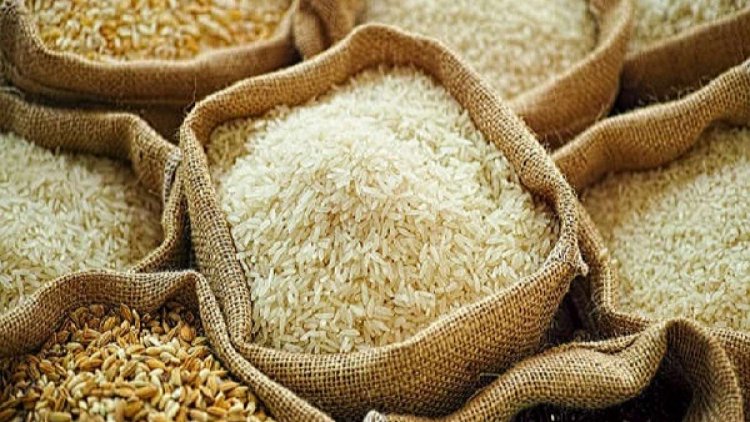
Exports of broken rice will be allowed on the basis of permission given by the government for shipments to other countries for meeting their food security needs, according to a notification. In general, the export of broken rice is banned.
The export policy of broken rice is prohibited; however, export will be allowed on the basis of permission granted by the Government of India to other countries to meet their food security needs and based on the request of their government, the Directorate General of Foreign Trade (DGFT) said in a notification. On September 9 last year, the government banned export of broken rice to check rising retail prices and boost domestic supply.
A 20 per cent export duty had also been imposed on non-basmati rice to discourage exports. However, Basmati and parboiled rice exports have been kept duty-free. Neither is there any prohibition on their exports. Broken rice is exported mostly to China and Indonesia, where it is used for feed, but in Africa, it is consumed as food.
The Ministry of Agriculture had targeted record foodgrain production of 328 million tonnes has been set for the agricultural production season 2022-23. But it appears from these export-related decisions that the ministries of Commerce and Food had unable to trust these figures fully.
India, the world's second-largest rice producer after China, commands a 40 per cent share in the global trade. The country exported 21.2 million tonnes of rice in 2021-22, of which 3.94 million tonnes were basmati rice.



 Join the RuralVoice whatsapp group
Join the RuralVoice whatsapp group

















